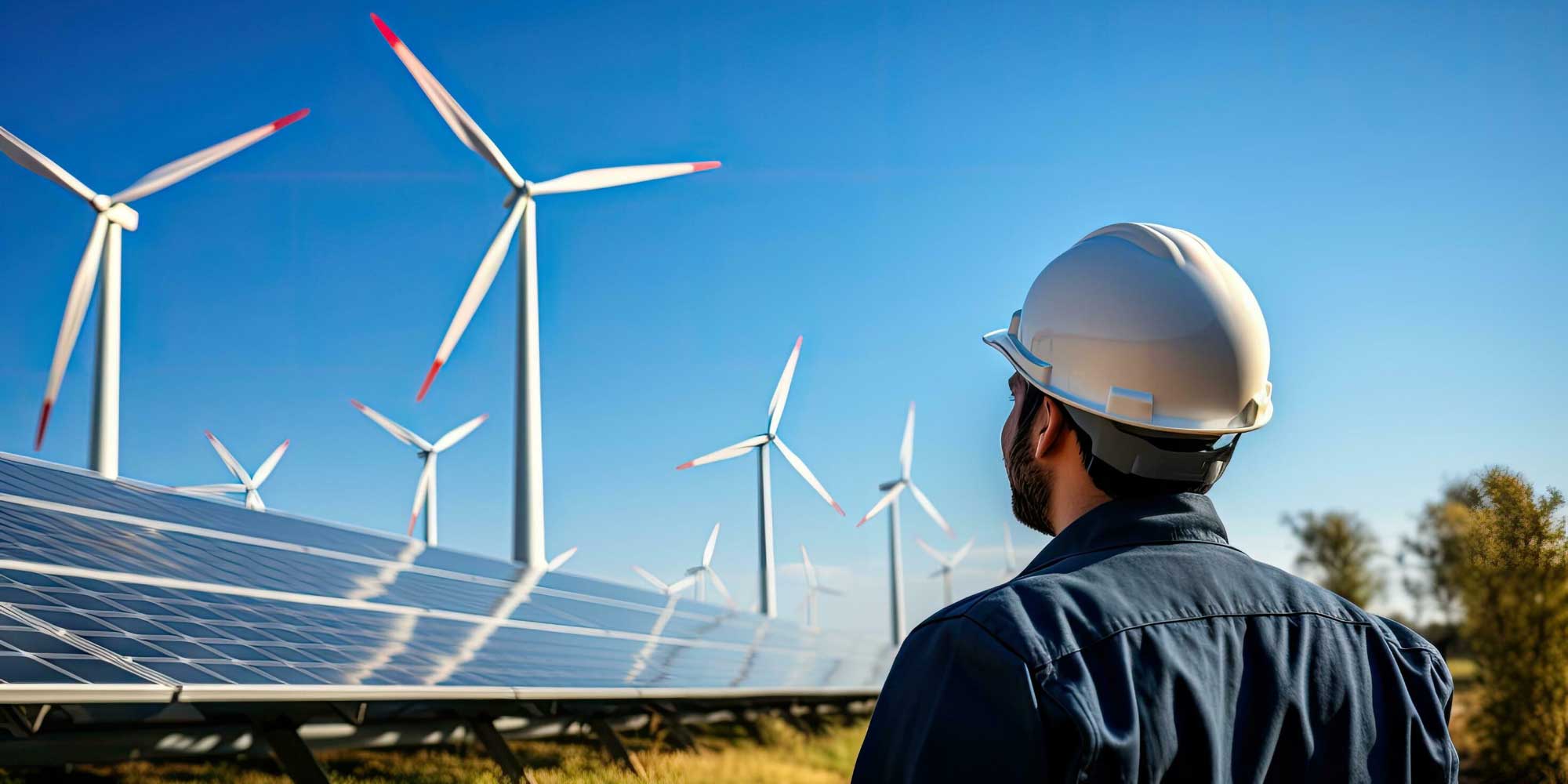Extending Solar Panel Lifespan with Hydrophobic Coatings: Fact or Fiction?
Hydrophobic coatings have gained attention for their ability to repel water and protect various surfaces from damage. But can these coatings truly increase the lifespan of solar panels? Let’s delve into the science behind hydrophobic coatings and their potential impact on solar panel durability.

Understanding Hydrophobic Coatings
Hydrophobic coatings are designed to repel water, causing it to bead up and roll off the surface rather than adhere to it. These coatings are typically applied to surfaces to create a protective barrier that prevents water damage, corrosion, and contamination.
The Role of Hydrophobic Coatings in Solar Panel Protection
Water Repellency: Hydrophobic coatings create a water-repellent surface on solar panels, preventing water from accumulating and causing damage. By repelling water, these coatings reduce the risk of corrosion, mold growth, and electrical malfunctions.
Dirt and Debris Resistance: In addition to repelling water, hydrophobic coatings also resist dirt, dust, and other contaminants. This helps keep solar panels clean and free from debris, ensuring optimal light transmission and energy efficiency.
UV Protection: Some hydrophobic coatings offer UV protection, shielding solar panels from the damaging effects of ultraviolet radiation. This protection helps prevent degradation of the panels’ materials and prolongs their operational lifespan.
Optimizing Solar Panel Lifespan with Hydrophobic Coatings
To maximize the potential benefits of hydrophobic coatings for solar panels, consider the following tips:
Professional Application: Ensure hydrophobic coatings are applied by trained professionals using proper techniques and equipment. A precise and uniform application is essential to achieve optimal water repellency and durability.
Regular Maintenance: While hydrophobic coatings provide protection against water and contaminants, regular maintenance is still necessary to keep solar panels clean and free from debris. Schedule periodic cleaning to remove any accumulated dirt or grime.
Quality Assurance: Choose high-quality hydrophobic coatings specifically formulated for solar panel applications. Select products from reputable manufacturers known for their reliability and performance.
Conclusion:
Hydrophobic coatings offer promising potential in increasing the lifespan of solar panels by repelling water, preventing damage, and optimizing performance. By creating a protective barrier against water, dirt, and UV radiation, these coatings help preserve the integrity of solar panels and ensure long-term sustainability. By understanding the role of hydrophobic coatings and implementing proper maintenance practices, you can maximize the lifespan and efficiency of your solar panel system, contributing to a cleaner and more sustainable future.